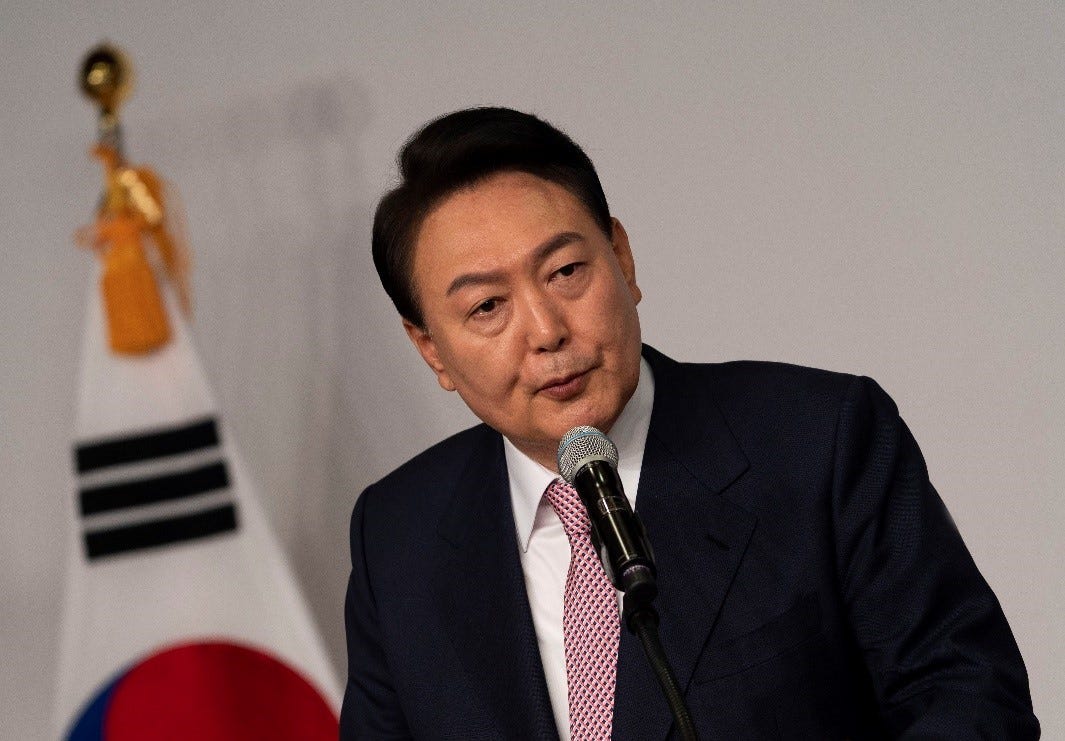New Seoul Government Turns Sharply to Washington
Yoon seeks Quad membership, stiffened nuclear defense
By: Shim Jae Hoon
South Korea’s incoming government, which takes power on May 10, looks set for significant security policy changes, ending five years of risky peace initiatives pursued by outgoing President Moon Jae-in. The country’s hardening posture comes in the wake of a barrage of missile launches by North Korea in January, and Pyongyang’s recent th…
Keep reading with a 7-day free trial
Subscribe to Asia Sentinel to keep reading this post and get 7 days of free access to the full post archives.

